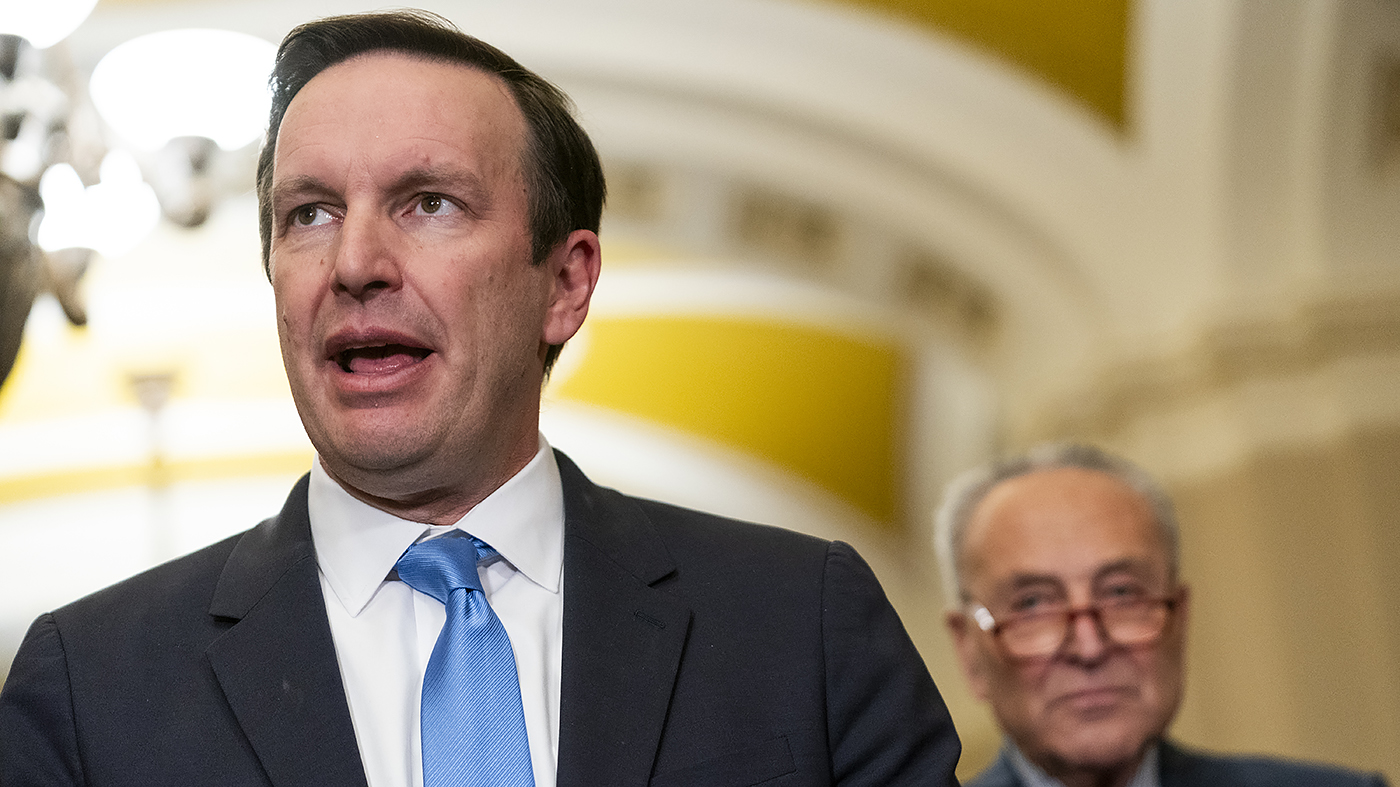The bipartisan bill is seen as a win for the nuclear power industry — making it quicker and less expensive to build them.
The legislation seeks to reduce fees for companies that are proposing to build nuclear reactors and establishes a prize that aims to incentivize nuclear deployment.
It also seeks to speed up the process for approving new nuclear reactors, establishing and codifying a 25-month timeline for approval — including giving just 18 months for environmental review.
Though it has undergone some changes since its initial introduction, supporters of the nuclear bill argue that its passage is crucial for the energy sector’s buildout.
“America can and should be a leader when it comes to deploying nuclear energy technologies, and this bipartisan legislation puts us on a path to achieve that goal,” Sen. Shelley Moore Capito (R-W.Va.) said in a statement last year.
However, Edwin Lyman, nuclear power safety director at the Union of Concerned Scientists, raised concerns about a provision in the bill that would change the mission statement of the Nuclear Regulatory Commission, which oversees nuclear power plants.
The bill would add to the agency’s mission that its regulation should not unnecessarily limit the use of radioactive materials in nuclear energy.
“I just see this as inviting the industry to challenge every decision that the commission tries to make that has the potential to impose more than this minimum amount of regulation and could essentially paralyze it from actually working to improve nuclear safety and security,” Lyman told The Hill.
Read more when the story goes live tomorrow at TheHill.com.










